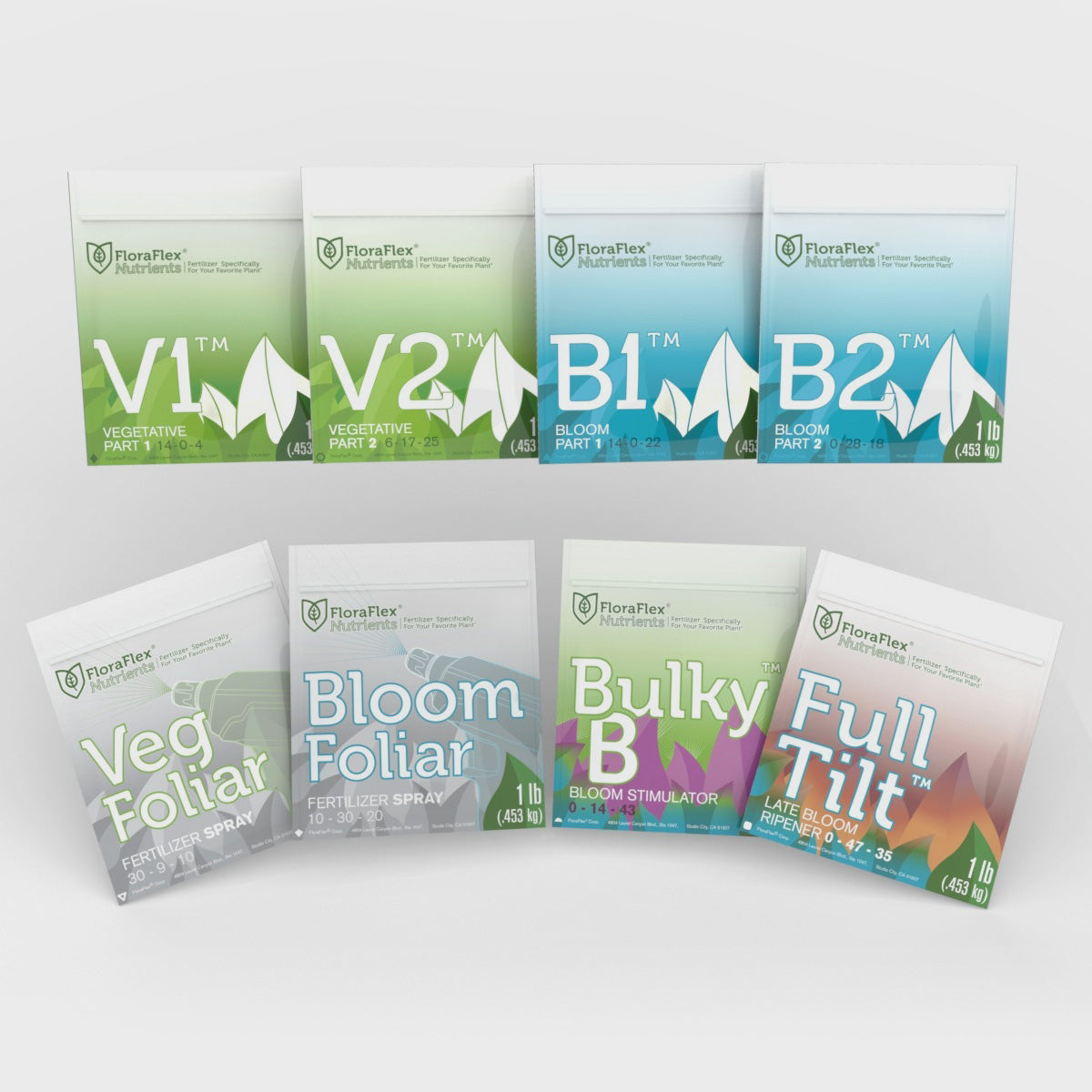Irrigation water plays a critical role in the successful growth of plants. Understanding the importance of quality water and implementing effective water management techniques is essential for optimizing plant health and yields.
The Importance of Quality Irrigation Water
-
Nutrient Delivery: Irrigation water serves as a carrier for essential nutrients, delivering them to the roots of plants for uptake. Quality irrigation water ensures that plants receive a balanced nutrient supply, promoting healthy growth and development.
-
pH Regulation: The pH level of irrigation water affects the availability and absorption of nutrients by plants. Proper pH regulation is crucial for maintaining the optimal nutrient uptake and preventing nutrient deficiencies or toxicities.
-
Soil Health: Irrigation water quality impacts soil health by influencing its structure, nutrient content, and microbial activity. High-quality water promotes soil fertility, aeration, and beneficial microbial populations, leading to improved plant growth and overall soil health.
-
Disease Prevention: Irrigation water can introduce pathogens or contaminants to plants, leading to disease development. Using clean, pathogen-free water reduces the risk of disease transmission and enhances plant defense mechanisms.
Considerations for Water Source Selection
-
Water Quality Testing: Conduct water quality tests to assess factors such as pH, electrical conductivity (EC), total dissolved solids (TDS), and the presence of contaminants or excess minerals. This information helps determine the suitability of the water source for irrigation.
-
Water pH Adjustment: If the irrigation water pH is too high or low, consider adjusting it to the optimal range for the specific plant requirements. pH adjustment can be achieved through treatments such as acidification or alkalization.
Water Conservation Strategies
-
Efficient Irrigation Methods: Utilize irrigation methods that maximize water efficiency, such as drip irrigation or micro-sprinklers. These methods deliver water directly to the root zone, minimizing water loss through evaporation or runoff.
-
Irrigation Scheduling: Develop a watering schedule based on plant needs, weather conditions, and soil moisture levels. Avoid overwatering by monitoring soil moisture and adjusting watering frequency accordingly.
-
Mulching: Apply organic mulch around plants to conserve soil moisture, reduce evaporation, and inhibit weed growth. Mulching also helps maintain a more stable soil temperature, reducing water stress on plants.
-
Rainwater Harvesting: Consider collecting and utilizing rainwater for irrigation purposes. Installing rain barrels or cisterns allows you to harness this free and natural water source, reducing reliance on municipal water supplies.
Tips for Optimal Plant Health through Proper Irrigation
-
Consistent Watering: Provide plants with a consistent water supply, avoiding prolonged periods of drought or waterlogging. Consistency promotes steady growth, prevents stress, and minimizes the risk of plant diseases.
-
Irrigation Timing: Water plants during early morning or late evening when evaporation rates are lower. This allows plants to absorb water efficiently and reduces the risk of water loss due to evaporation.
-
Watering at the Root Zone: Direct water to the root zone rather than wetting the entire plant foliage. This ensures that water reaches the critical area for nutrient absorption and minimizes the risk of foliar diseases.
-
Monitor Plant Response: Regularly observe plants for signs of overwatering or underwatering. Adjust your irrigation practices accordingly based on plant response, such as wilting or yellowing leaves, to ensure optimal watering.
Understanding the role of irrigation water in plant growth is crucial for successful cultivation. By recognizing the importance of quality irrigation water, considering water source selection, implementing water conservation strategies, and practicing proper irrigation techniques, you can optimize plant health and maximize yields. Remember to test water quality, adjust pH if necessary, and employ efficient irrigation methods. Conserving water, utilizing rainwater, and monitoring plant response will contribute to healthy plant growth and sustainable water management practices. Embrace the power of irrigation water and ensure that your plants receive the optimal hydration they need for thriving and bountiful growth.
Implement these water management techniques, maintain a balance between plant needs and water availability, and watch your plants flourish in response to the care and attention you provide. By mastering irrigation water management, you'll cultivate a healthy and vibrant garden, reaping the rewards of lush and abundant plant growth.








